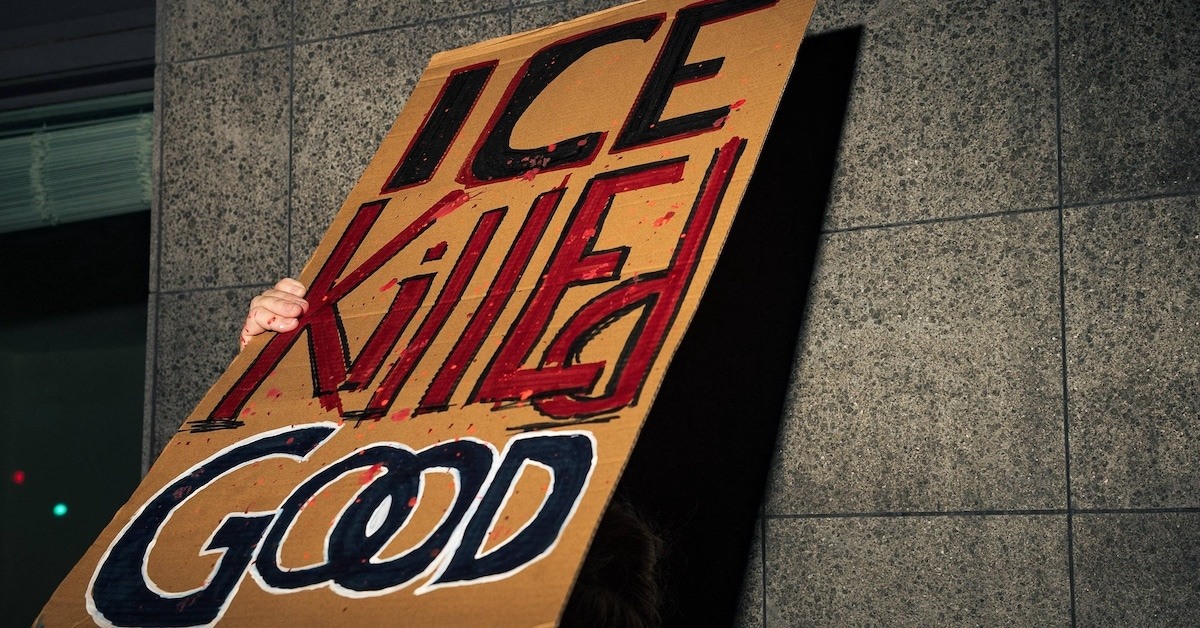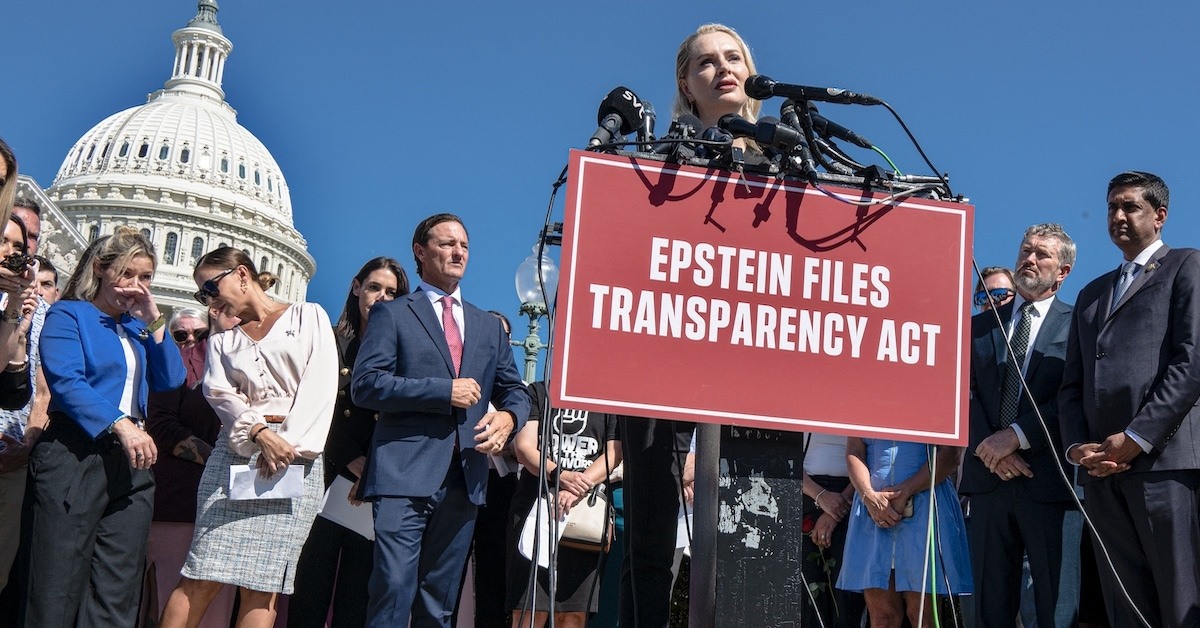BY: Denver Sean
Published 3 years ago

A mile-long freeway in Detroit will be turned into a boulevard decades after its construction displaced thousands of Black residents.
via People:
Michigan received $104.6 million from the U.S. Department of Transportation to help fund its plan to turn Interstate 375 into a slow-speed boulevard, according to the Detroit Free Press.
The interstate was constructed in the 1950s and 1960s and divided both the Black Bottom neighborhood and the Paradise Valley entertainment district, which was comprised of predominately Black residents.
“This stretch of I-375 cuts like a gash through the neighborhood, one of many examples I have seen in communities across the country where a piece of infrastructure has become a barrier,” Transportation Secretary Pete Buttigieg told the Associated Press.
“With these funds, we’re now partnering with the state and the community to transform it into a road that will connect rather than divide,” Buttigieg said.
The construction of the interstate displaced 100,000 Black residents and was effectively a barrier between downtown and other communities, according to the AP.
“I-375 was built due to the 1956 Federal Interstate Highway Act,” historian Jamon Jordan told WDIV. “Many of these interstate highways would destroy, disrupt and wipe out African American business districts and African American residential communities.”
The two-year remodel could cost nearly $330 million and will begin in 2027, WXYZ reported. Included in the project are plans to install LED lighting, remove 15 bridges, and improve sidewalks and pedestrian crossings.
But there are concerns over the remodel. According to the AP, some residents are worried that new buildings and construction will make living in the area unaffordable, while some also believe the new six-lane boulevard will increase traffic just like the interstate.
Historian Ken Coleman told WXYZ he believes the change will be an improvement, though it won’t erase the damage to the community over the last seven decades.
“I think it would be great for the city,” he told WXYZ. “I don’t know if this community is ever going to return to the cultural, Black history cultural grandeur that was here 60, 70, and 80 years ago.”
We need to see more municipalities taking accountability for the mistreatment of Black people over the years.










